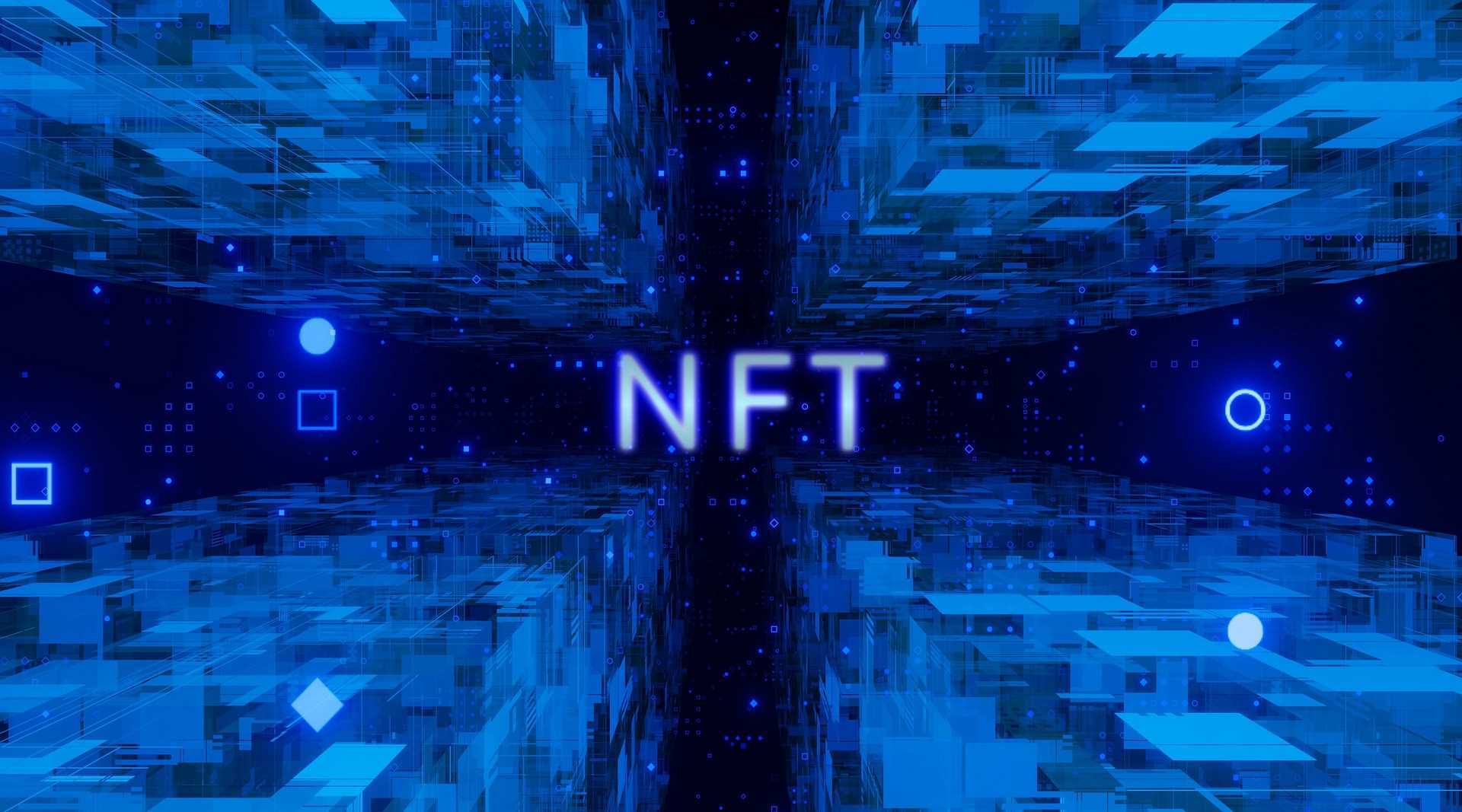NFT, or Non-Fungible Token, has recently gained widespread attention in the digital world. From art to music to sports collectibles, NFTs have been selling for millions of dollars, making headlines and raising eyebrows. In this blog, we will explore what NFTs are, how they work, and their potential implications for the future of digital ownership.
What is an NFT?
An NFT is a unique digital asset that is stored on a blockchain, a decentralized digital ledger that records transactions in a secure and transparent manner. Unlike traditional cryptocurrencies, which are fungible and interchangeable with one another, NFTs are non-fungible and unique, meaning that they cannot be exchanged for one another. Each NFT has a unique identifier that distinguishes it from other NFTs, making it a one-of-a-kind digital asset.
How do NFTs work?
NFTs are created and verified using blockchain technology. When an NFT is created, it is assigned a unique identifier that is recorded on the blockchain. This identifier serves as proof of ownership, allowing the NFT to be bought, sold, and traded on various online marketplaces.
What can be an NFT?
NFTs can be anything digital, including artwork, music, videos, tweets, and even virtual real estate. By creating an NFT, the creator can prove ownership and control of the original digital file. For example, an artist can create an NFT of their artwork and sell it on a marketplace. Even if the artwork is copied or shared online, the NFT owner still maintains ownership and control of the original piece.
Why are NFTs valuable?
NFTs are valuable because they represent a unique and one-of-a-kind digital asset. Similar to traditional collectibles, the value of an NFT is largely determined by supply and demand. If a digital artwork becomes highly sought after, the value of its corresponding NFT may increase. Additionally, NFTs can provide creators with a new revenue stream, allowing them to monetize their digital creations in a way that was not possible before.
What are the potential implications of NFTs?
NFTs have the potential to transform the way we think about digital ownership. They provide a new way for creators to monetize their digital creations and provide a level of authenticity and ownership in the digital world. Additionally, NFTs can provide a way for individuals and organizations to support causes they care about. For example, a musician can create an NFT of their latest album and donate a portion of the proceeds to a charity.
However, there are also potential drawbacks to NFTs. Some critics argue that NFTs contribute to the already-existing problem of wealth inequality, as the most valuable NFTs are often sold for millions of dollars. Additionally, there are concerns about the environmental impact of NFTs, as the process of creating and verifying an NFT can require significant amounts of energy.
Conclusion
NFTs are a unique and innovative digital asset that is transforming the way we think about ownership in the digital world. They provide a way for creators to monetize their digital creations and provide a level of authenticity and ownership in a world that is increasingly dominated by digital content. However, as with any new technology, there are potential drawbacks and concerns that must be addressed as the use of NFTs continues to grow.
Discover More
Most Viewed
Christmas is a season of joy, love, and traditions. And what better way to get into the holiday spirit than through timeless carols? These musical gems have been bringing people together for generations. Here’s our ranked list of the Top 10 Christmas Caro…
Read More
















